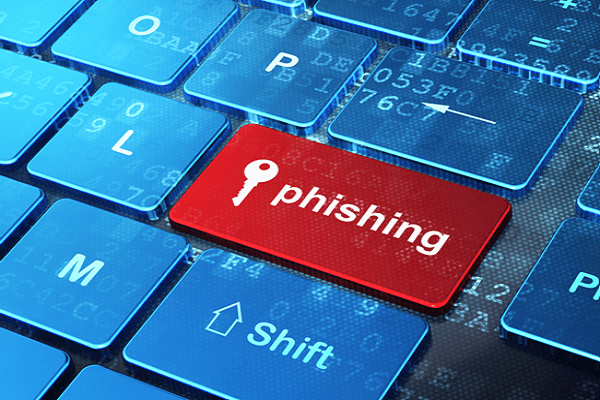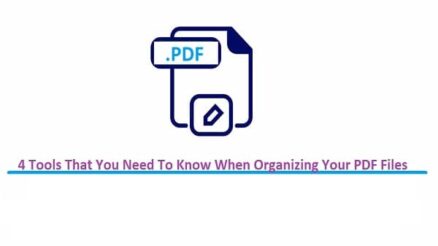Contents
If you are an active internet user, you know there are all kinds of scams that target people online. One of the most common ways to target people is by using phishing scams.
You may be wondering, what is phishing?
In a nutshell, phishing is when someone tries to obtain your sensitive and personal data, such as passwords, usernames, financial information, and more, to use fraudulently. The scammer will usually pose as a legitimate company that is trying to verify some of your personal information online or over the phone.
While phishing is well-known, it is unfortunately successful much of the time. If you spend a lot of time online and want to ensure your information is safe, here are several ways to protect yourself from phishing scams.
Only Use Secure Websites
A great way to avoid scams is to browse on secure websites. A secure site has an added layer of protection that will keep your information safe. You can recognize a secure site by the lock icon or “https” at the beginning of a URL.
Never Access Personal Information on Open WiFi
Accessing the internet in a coffee shop or library has its perks, but you also have to be careful. Scammers are notorious for using open networks to mine information from unsuspecting users. Protect yourself by never access your personal information on an open connection.
Avoid Clicking on Links
One of the most common phishing scams is to infect your computer or phone when you click a certain link. These links install malware into your computer, which spies on your keystrokes and collects your information. For this reason, it’s best to avoid clicking on any links, unless you know the source.
Be Wary of Certain Emails
If you know the signs, it can be easy to spot a phishing email. The emails will usually have an urgent tone, grammar and spelling errors, links or attachments, and unusual requests. When you get these emails, block the sender and delete them without responding.
Also read: House Hacking; Everything You Need To Know
Don’t Give Out Personal Information
A common sign of phishing is when you are asked to verify your information. You may receive an email, a phone call, or even see a pop-up from a seemingly legitimate company asking you to verify your credit card, SSN, or more.
With a closer look, you will likely notice inconsistencies in the communication. However, to make sure you are protected, it’s best to avoid responding or using any of the contact information listed and instead, contact the company directly.
Use These Tips to Protect Yourself From Phishing
Follow these tips to keep avoid falling prey to phishing scams.
Make sure to use secure websites, never access personal information on a public WiFi connection, and avoid clicking on links you are not familiar with. You should also know how to spot a phishing email, avoid giving out personal information, and block pop-ups while browsing. Always keep your phone and PC software updated so you have the latest security measures installed.
Don’t forget to browse our site for all of your technology needs.





